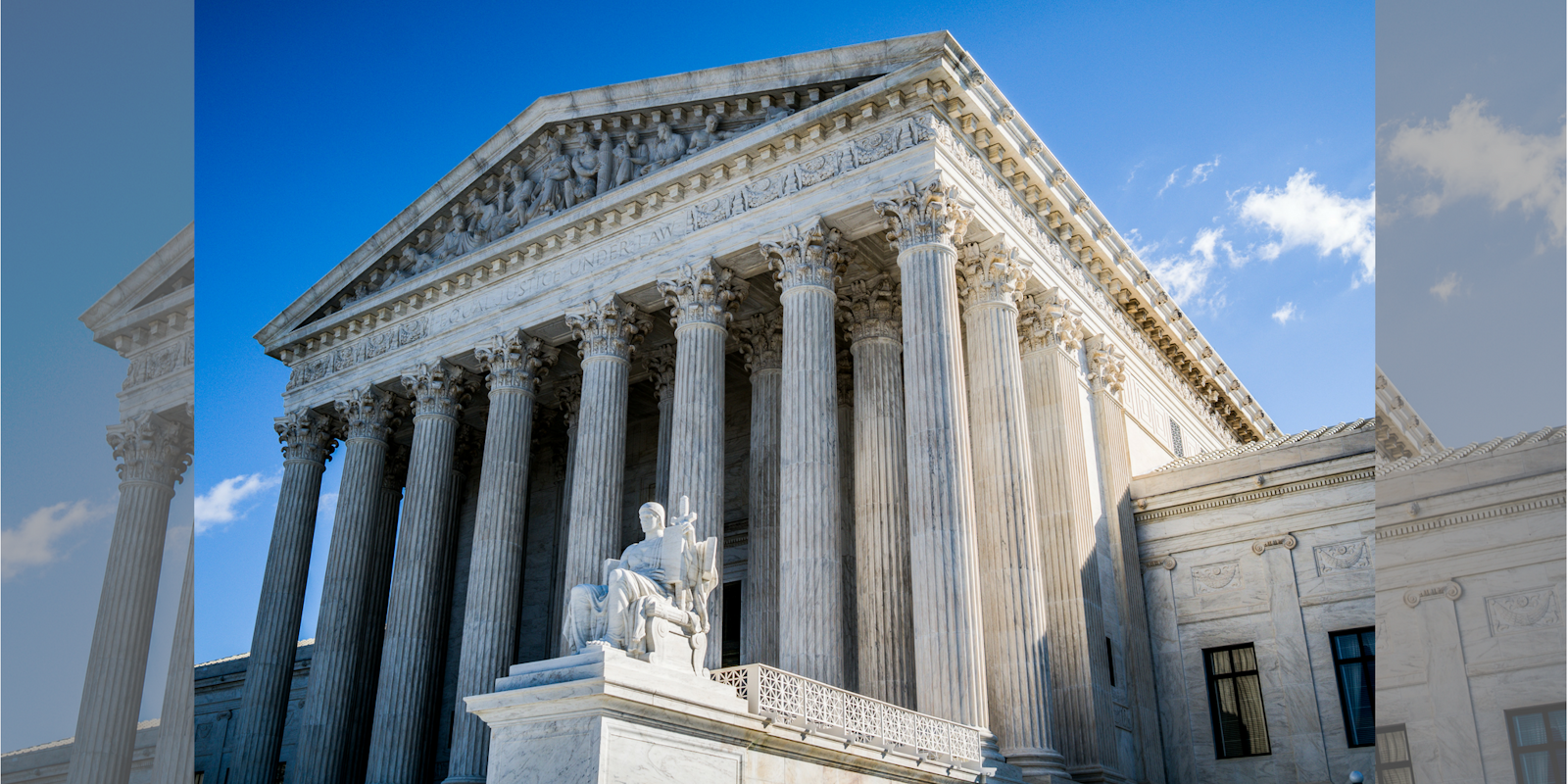The Supreme Court will hear the appeal of a baker who denied a same-sex couple services on the grounds of religious freedom. The decision could seal the fate of LGBTQ anti-discrimination measures across the nation.
In 2012, Lakewood, Colorado bakery owner Jack Phillips rejected a request to create a wedding cake for David Mullins and Charlie Craig, a gay couple marrying in Massachusetts. Mullins and Craig won their case at the state level, but Phillips argued that the First Amendment allowed him to refuse service to the gay couple based on religious objections.
“Jack Phillips is an artist,” Phillips’ brief states. “His faith teaches him to serve and love everyone and he does. It also compels him to use his artistic talents to promote only messages that align with his religious beliefs. Thus, he declines lucrative business by not creating goods that contain alcohol or cakes celebrating Halloween and other messages his faith prohibits, such as racism, atheism, and any marriage not between one man and one woman.”
The brief suggests that Mullins and Craig could have bought their cake elsewhere. But the couple believes this is unsound. Instead, their lawyer argues that discrimination is damaging to the entire LGBTQ community because many queer Americans do not have multiple establishments from which they can choose goods and services.
“It is no answer to say that Mullins and Craig could shop somewhere else for their wedding cake, just as it was no answer in 1966 to say that African-American customers could eat at another restaurant,” their lawyer wrote in a brief in opposition.
It’s unclear as of yet how the Supreme Court will rule on the matter. However, the latest Supreme Court Justice, Neil Gorsuch, has previously supported religious freedom rulings, stating they’re integral to the First Amendment. The case would give the court’s conservative majority an opportunity to rule against anti-discrimination measures.


